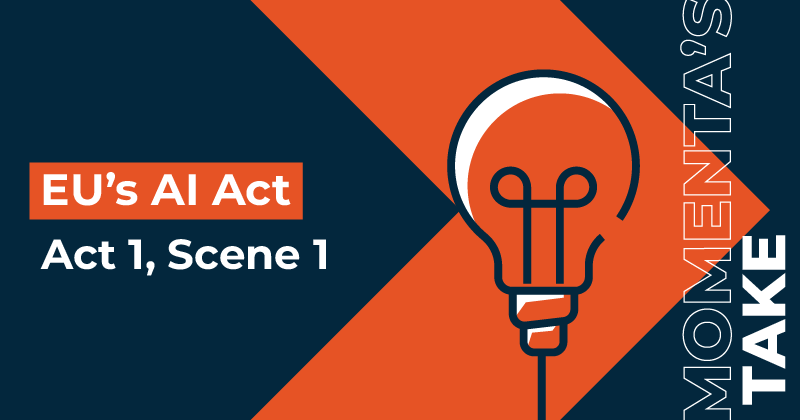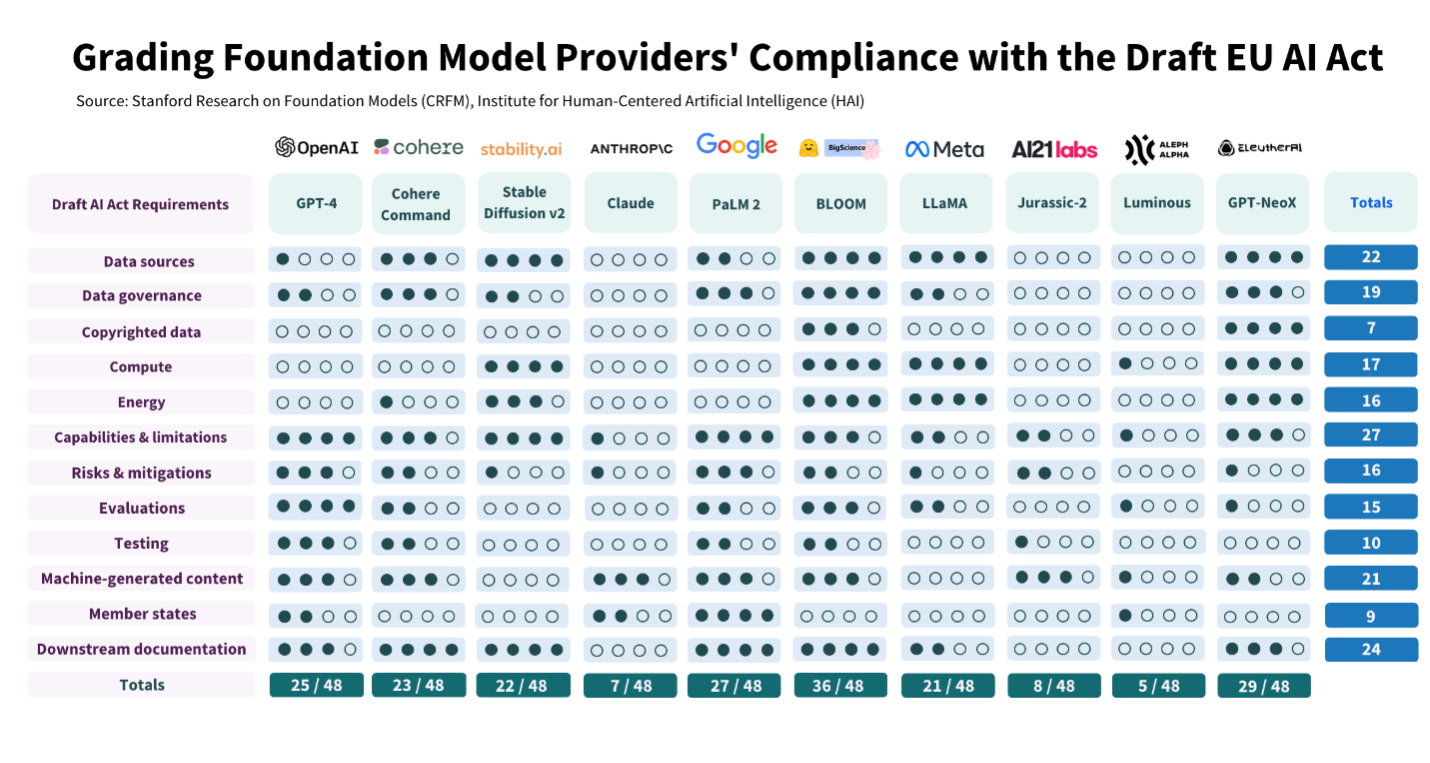Jul 4, 2023
| 4 min read

EU’s AI Act Seeks to Create Regulatory Framework for AI
Potential risks arising from Artificial Intelligence (AI) technologies are currently at the forefront of public consciousness. The remarkable breakthroughs and rapid advancements in this field have prompted questions regarding potential drawbacks that may lie ahead. In addition to the existential concerns surrounding AI's impact on humanity, there are significant practical risks in the near term which warrant legislative attention.
The European Union is in the process of developing comprehensive regulations to govern and restrict the use of AI. On June 14, the EU Parliament passed its version of the Artificial Intelligence (AI) Act, initiating the final debate on the bill within the 'trialogue' - involving the European Commission, Council, and Parliament. The process is expected to follow an expedited timeline, aiming for completion by the end of 2023 to allow voting before the 2024 elections.
The proposed legislation aims to regulate specific types and applications of AI, particularly focusing on 'high-risk' uses that have the potential for harm. For example, it addresses concerns about bias in exam grading, hiring, recruiting processes, and the legal system. Additionally, the legislation includes provisions to protect individuals from deep fake pornographic videos and to ban predictive policing practices reminiscent of the sci-fi drama Minority Report. Key areas targeted for regulation include:
It's unclear what the final enforcement structure will look like at this point, but the regulations will require processes to review and approve high-risk AI systems. Researchers at Stanford have already produced a grading framework for compliance for AI Foundation Model providers.

For companies involved in developing and implementing AI systems, it appears that a combination of centralized oversight and the involvement of smaller organizations responsible for reviews and certifications will be required. The draft EU AI bill has garnered more receptive attention in the US compared to the initial response towards the EU's GDPR privacy regulations.
Moving forward, there is still much work to be done by regulators in defining the structure for managing compliance and establishing a new set of standards that engineers, AI providers, and adopters will need to adhere to.

Momenta is the leading Digital Industry venture capital + value creation firm, accelerating entrepreneurs and leaders devoted to the digitization of energy, manufacturing, smart spaces, and supply chains. Since 2012, their team of deep industry operators has invested in 50 entrepreneurs and helped scale over 150 industry leaders via their award-winning executive search and strategic advisory practices.